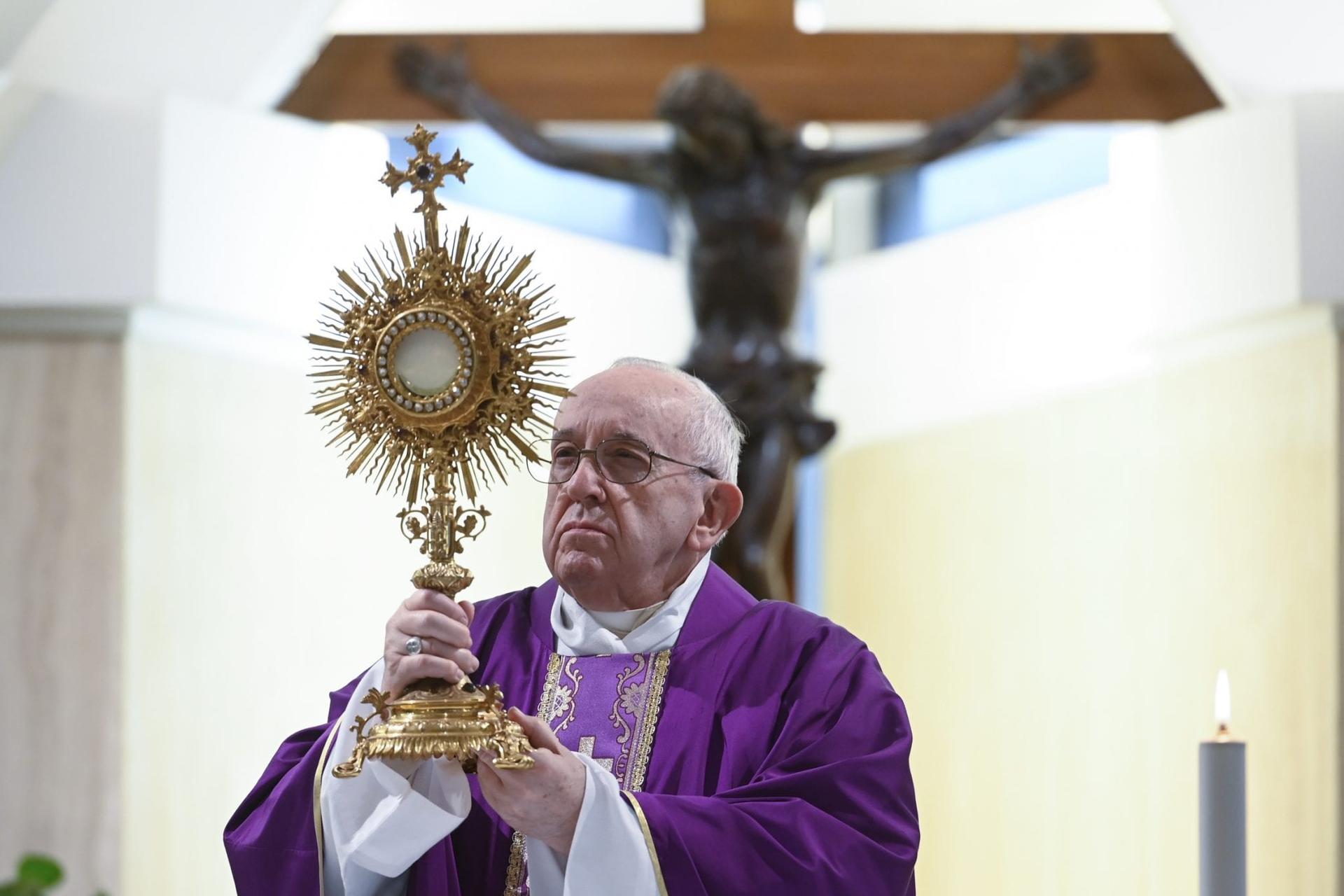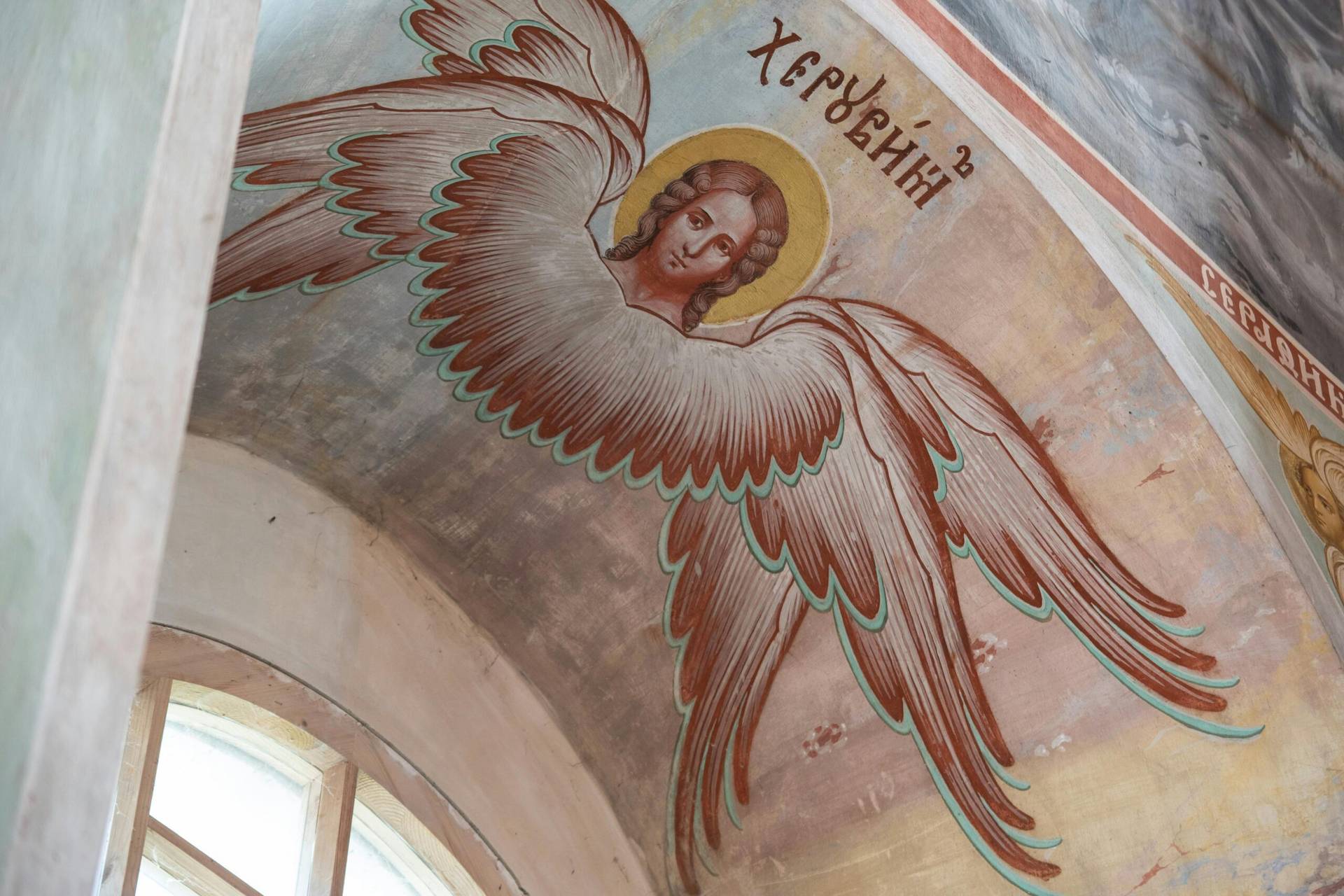As the summer rolls on and the Church makes her journey through Ordinary Time, we find ourselves in the great Bread of Life Discourse. It’s the Lord Jesus’ most systematic teaching on the Eucharist.
Last week, the Church presented Moses in the Mass readings. The account of the manna was the lead-in for the beginning of the Lord’s instruction. Today, the Church gives us Elijah, the father of all prophets and the one who was to return before the coming of the long-awaited Messiah. Both figures carry their own compelling narrative. When combined with the Bread of Life Discourse, we see even deeper levels of meaning around the Law-Giver and the Prophet.
Today, Elijah is in a profound state of melancholy. He was victorious over the priests of the false god Baal, but the queen – who worshipped the Canaanite deity – wants to take his life. He fled and reflects upon his own unworthiness. He asks God to take his life. In response, God provides him with food for the journey. In essence, he is being told to fight on.
In a similar fashion, God provides us with living bread. It’s not a banquet by worldly standards, but it’s sufficient as food for the journey of life. It will get us through the struggles of this life so that we might share in the eternal banquet forever.
This leads us into the Gospel reading today. The Lord is still in Capernaum and in the initial stages of the Bread of Life Discourse. After the first declaration by the Lord: “I am the bread of life that comes down from heaven,” the crowd begins to push back. They are understandably confused and challenge his assertion.
Wait a minute, they argue: “Is this not Jesus, the son of Joseph? Do we not know his father and mother? Then how can he say, ‘I have come down from heaven’?” They know his family and so his claim of “coming down from heaven” seems outrageous.
The Lord Jesus accepts the challenge by the crowd and calls on them to stop murmuring. He points them to the Father and calls them to faith. Quoting the prophets – who show us God as a teacher – the Lord invites the crowd to look beyond what they think they know. He calls them to an openness to the possibility that the son of Joseph might also be someone else of divine identity.
The Lord repeats his assertion: “I am the bread of life,” and returns to the account of Moses in the desert. He reminds his initial listeners that their ancestors ate the manna but still died. He tells them that the living bread from heaven will give eternal life. Those who believe and eat will live forever.
In returning to Moses and the beginning content of his discourse, the Lord Jesus raises the bar and begins to speak of heaven. He then introduces something unimaginable. Building on his previous instructions – bread from heaven and eternal life – the Lord now tells the crowd: “I am the living bread that came down from heaven; whoever eats this bread will live forever; and the bread that I will give is my flesh for the life of the world.”
The bread from heaven will be his flesh. We can imagine the crowd listening to him preach saying to one another, “What is he talking about? His flesh?” In one passing swoop, the Lord unexpectedly takes the crowd from the manna and the prophets to surprising aspects of the Passover, where bread and wine were liturgically offered and consumed along with a lamb.
It would have been the only context in which bread and flesh would have been understood together. But such an association was lost on the crowd. The sheer shock of what the Lord Jesus had just said pushed them into a state of confusion and offense.
The Lord Jesus knew what he said. He would have anticipated their response. He was not speaking in a metaphor. He is not using symbolism. He is speaking plainly and wants the crowd – and believers today – to understand what he means and why it’s important.
The Lord is not done. He knows there is more to explain. The crowd is getting restless, and maybe us with them. They want to understand what he means, and so do we.
The Bread of Life Discourse, therefore, will continue for some time, and the Church will track it through the liturgy for the next several weeks. Our restlessness will be addressed. We will see what the Lord has to say next.
Follow Father Jeffrey Kirby on Twitter: @fatherkirby















